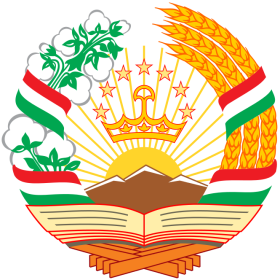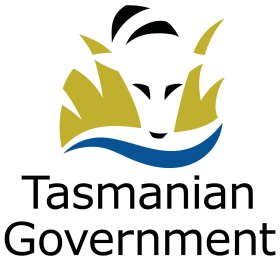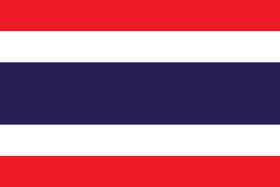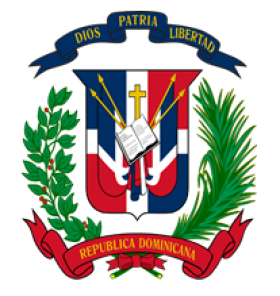Our international network of partners encompasses academic institutions, data aggregators, government bodies, publishers, farmers associations, NGOs and other civil society actors. Explore the range of organizations using the Land Portal below and join the network today.
Government of Sri Lanka
The first Sinhalese arrived in Sri Lanka late in the 6th century B.C., probably from northern India. Buddhism was introduced circa 250 B.C., and a great civilization developed at the cities of Anuradhapura (kingdom from circa 200 B.C. to circa A.D. 1000) and Polonnaruwa (from about 1070 to 1200). In the 14th century, a south Indian dynasty established a Tamil kingdom in northern Sri Lanka.
Government of Svalbard and Jan Mayen
This is the profile for the Government of Svalbard and Jan Mayen
Government of Sweden
The Government of the Kingdom of Sweden (Swedish: Konungariket Sveriges regering) is the national cabinet and the supreme executive authority of Sweden. The short-form name Regeringen ("the Government") is used both in the Fundamental Laws of the Realm and in the vernacular, while the long-form is only used in international treaties.
Government of Syrian Arab Republic
This is the profile for the Government of Syrian Arab Republic
Government of Tajikistan
This is the profile for the Government of Tajikistan
Government of Thailand
A unified Thai kingdom was established in the mid-14th century. Known as Siam until 1939, Thailand is the only Southeast Asian country never to have been colonized by a European power. A bloodless revolution in 1932 led to the establishment of a constitutional monarchy.
Government of the Czech Republic
The Government of the Czech Republic (Czech: Vláda České republiky) exercises executive power in the Czech Republic. The members of the government are the Prime Minister of the Czech Republic (Chairman of the Government), the deputy ministers and other ministers. It has its legal basis in the Constitution of the Czech Republic.
Government of the Dominican Republic
The Taino - indigenous inhabitants of Hispaniola prior to the arrival of the Europeans - divided the island into five chiefdoms and territories. Christopher COLUMBUS explored and claimed the island on his first voyage in 1492; it became a springboard for Spanish conquest of the Caribbean and the American mainland.









